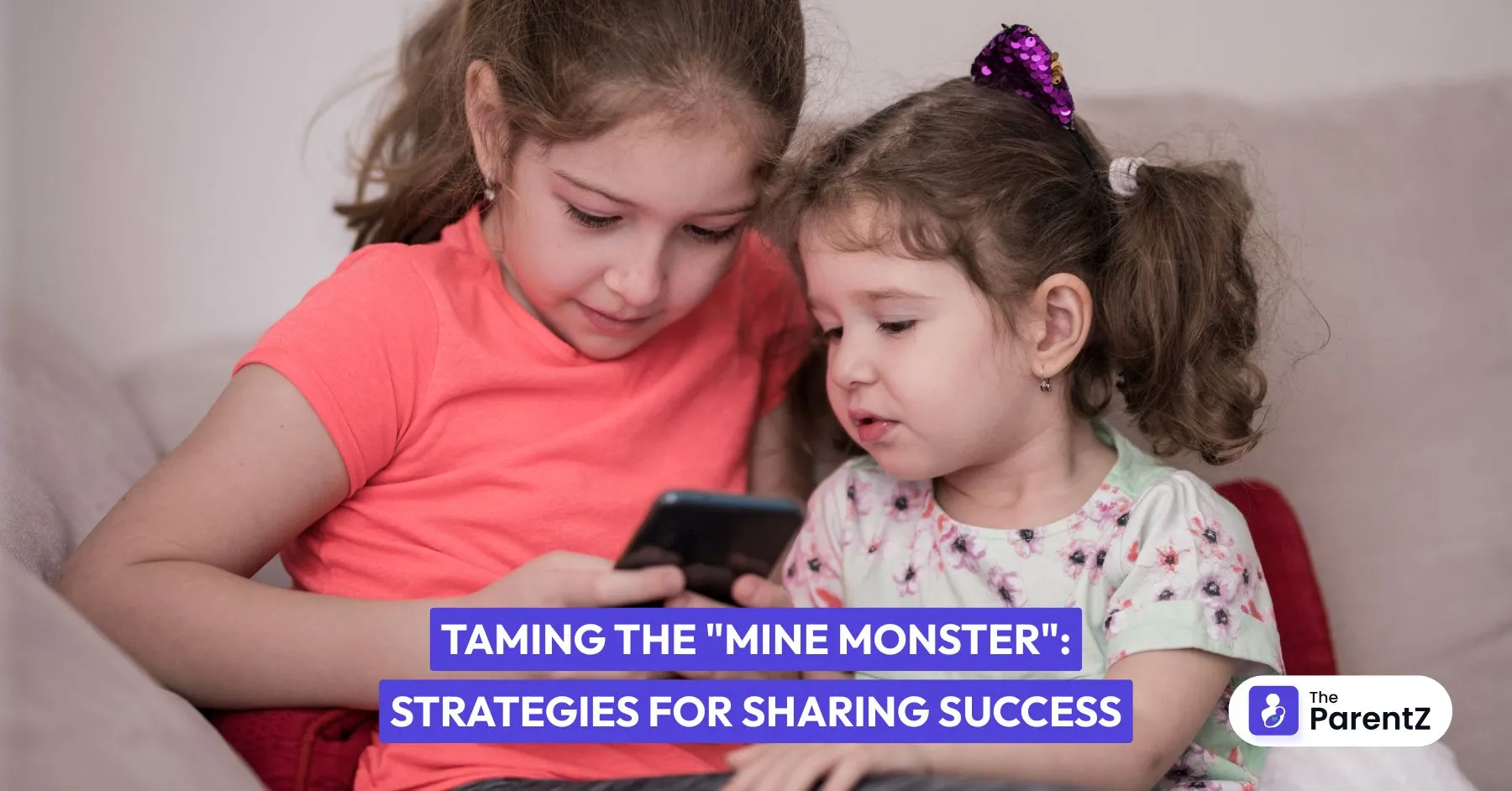You’ve seen it play out a dozen times. A toy becomes the center of the universe, a small hand clutches it tight, and suddenly, the world explodes with a loud mine. Your toddler’s cheeks are flushed, another child is crying, and you’re stuck somewhere between embarrassment and confusion, wondering if your child will ever learn to share.
It’s a moment every parent faces. And while it might look like selfishness on the surface, what you’re really seeing is your toddler wrestling with complex emotions in a very tiny body.
The mine monster is loud, but not impossible to quiet. Read this article to explore some helpful tips on how you can actually encourage your child to share.
Start with the Concept of Taking Turns
The word sharing can feel vague to toddlers. Instead, structure their social play around the idea of turns. This breaks the act of giving into something with an endpoint, which feels far more manageable to a young child.
Taking turns teaches that everyone gets a chance without losing their own place in the play. It also builds patience, fairness, and even emotional resilience. When you make turns part of your everyday routine, your child begins to trust that letting go doesn’t mean losing out forever.
Create Safe Boundaries Around Special Toys
It’s helpful to let your child know that not everything has to be shared. Giving them permission to keep a few favorite toys aside during playdates can actually encourage more generosity with everything else. When your child feels a sense of ownership and security, the need to cling to every single item softens.
This practice also introduces the idea of boundaries and consent, showing your child that it's okay to say no and that saying yes should come from choice, not pressure.
Use Everyday Moments to Model Sharing
Your child is always watching how you interact with others. When you pour a glass of water for your partner or offer your phone to show a picture, those small gestures teach big lessons.
The more you practice kindness, cooperation, and generosity in front of your child, the more familiar those behaviors become. It’s not about giving formal lessons. It’s about living them, over and over again, in front of curious little eyes that absorb more than you realize.
Be a Coach, Not a Judge
When your toddler refuses to share, it’s tempting to correct quickly or even force a handover. But that can create shame or fear instead of understanding. Instead, be a calm coach.
Help your child recognize the emotions at play. Acknowledge the want, the difficulty, and the challenge. Then guide them toward a better choice. Ask them how they might solve the problem. Involving them in the decision builds both empathy and independence.
Conclusion
There will be good days and harder days. Sometimes your toddler will hand over a toy with pride. Other times, they’ll cling to it like it’s the last treasure on earth. That’s normal.
The journey to generosity is slow and winding. But with every gentle nudge, every guided playdate, every shared moment, your child gets a little closer to understanding that giving doesn’t mean losing.





Be the first one to comment on this story.